Dragon fruit is one of the fruits exported to the US.
Many experts say that the US is and will continue to be a large market for Vietnam, with much room for exploitation.
Don't give up on the US market because of taxes
According to the Vietnam Timber and Forest Products Association, in 2024, the export turnover of Vietnam's wood industry to the US will reach 8.8 billion USD, accounting for over 50% of the total turnover of the industry.
Of which, the export turnover of the foreign direct investment (FDI) sector accounts for nearly 70% of the total turnover. Therefore, although the tax is being postponed , many businesses are still quite cautious.
"There needs to be a solution to maintain the market, because accounting for nearly 70% of total turnover, if FDI enterprises withdraw from Vietnam, it will cause unwanted impacts on the entire industry."
Speaking to Tuoi Tre on April 20, Mr. Tran Van Hiep, vice president of the Vietnam Cashew Association, said that although export turnover has decreased in the past few years, the US is still a large market for the cashew industry with export turnover in 2024 reaching nearly 1.1 billion USD, accounting for more than 21% of the total turnover.
"Among more than 60 countries that Vietnam's cashew industry exports to, we assess that despite tax difficulties, the US is likely to remain a large market with diverse demand. Therefore, we must try to maintain this market at all costs and export as much as possible," Mr. Hiep assessed.
Similarly, ceramics is a long-standing manufacturing industry. Mr. Vuong Sieu Tin, Vice President of Binh Duong Ceramics Association, said that the US market alone currently accounts for about 70% of the total export turnover of Binh Duong's ceramic industry, especially with many large partners with huge import volumes for many years.
According to Mr. Tin, the US has increased the tax on ceramic products imported from Vietnam from 6% to 16%, but this tax rate is still basically acceptable.
"The US has always been a big market not only for Vietnam's ceramic industry but also for the world. As a product that faces little competition from other markets and is also rarely investigated by the US, the ceramic industry expects to receive good tax rates," Mr. Tin assessed.
Meanwhile, many businesses in the fruit and vegetable sector said that with many products officially exported to the US, including seven fruit items alone, exports to this market account for 9-10% of the total industry turnover, making it the second largest market, after China.
A representative of the Vietnam Fruit and Vegetable Association confirmed that the fruit and vegetable industry has certain additional difficulties, such as the US planning to impose high tariffs on Vietnam, but countries with similar products such as Thailand, Malaysia, India... have much lower tariffs, making it more difficult for us to compete.
The US is still a major market for Vietnam's cashew industry (Photo: N.TRI)
Many short and long term solutions
Speaking to Tuoi Tre on April 20, Mr. Nguyen Thanh Binh, Chairman of the Vietnam Fruit and Vegetable Association, said that the export turnover of fruits and vegetables to the US in the first month of the year increased by more than 60% compared to the same period last year. Recognizing that this is a large market with much room for development, businesses have come up with many solutions.
According to Mr. Binh, the association has recently held many meetings to record opinions from businesses and solutions to propose to the State.
"In addition to diversifying markets, each business has its own solutions. We will propose to the State support to promote new markets, support in terms of taxes, bank interest rates, extending loan terms... so that in case businesses encounter output problems, they will still have finances to deal with it," said Mr. Binh.
In addition to long-term solutions, Mr. Binh said that many businesses have taken advantage of working with partners to increase the volume of goods exported during the 90-day tax deferral period, to avoid inventory and avoid being subject to high taxes if negotiations cannot be reached.
Similarly, many cashew businesses said they are boosting exports to take advantage of the 90-day US tax deferral period, releasing goods early to avoid inventory.
A business representative said that the amount of cashew nuts exported to the US since the beginning of April has increased by about 30% compared to the same period last year and could maintain this growth until mid-July (the time when the 90-day tax suspension expires - PV).
From the association's perspective, Mr. Tran Van Hiep said that many agricultural products are prioritized by the State in negotiating with the Government to get the lowest possible tax rate, but in the long run, businesses will also save themselves first.
"The Association is busy supporting businesses to find other markets, especially going to Australia to promote exports to this country.
In addition, emerging markets such as Japan, Europe... will also be focused on exploitation. The Chinese market mainly buys cashew nuts in shell, large nuts... will also be focused on by many businesses to exploit more strongly in the coming time."
Mr. Hiep noted that market diversification means that businesses must diversify their products to suit individual tastes. Particularly for the cashew industry, currently deeply processed products account for less than 10% of export turnover, so many businesses are importing machinery and production lines to boost production.
A representative of the Vietnam Timber and Forest Products Association said that businesses are urgently looking for sources of raw materials at good prices, structuring prices to increase competitiveness; calculating and reviewing industry codes and product codes to boost production of codes that are likely to receive preferential tariffs from the US; seeking new markets, expanding exports to markets with much room for growth such as India, South Korea, Japan, Europe, etc.
"In reality, not all Vietnamese wooden and forestry products are taxed equally by the US. For example, the largest export to the US is furniture, so there are also product codes that will receive large tax incentives," he explained./.
Tax pressure is also pressure to change. On the positive side, Mr. Vuong Sieu Tin said that being taxed is something that export enterprises have to face continuously, so although it is difficult, this can also be seen as an opportunity for enterprises to look back at their internal strength, review, and change production to be suitable, effective, and increase competitiveness. "For ceramic products, the positive side of the US and China increasing tariffs on each other is that there is still a possibility that more US customers will leave the Chinese market to import goods from Vietnam, especially products that not many countries can produce," said Mr. Tin. |
According to Tuoi Tre Newspaper
Source: https://tuoitre.vn/tranh-thu-my-hoan-ap-thue-doanh-nghiep-viet-dua-them-giai-phap-2025042100282496.htm
Source: https://baolongan.vn/tranh-thu-my-hoan-ap-thue-doanh-nghiep-viet-dua-them-giai-phap-a193858.html


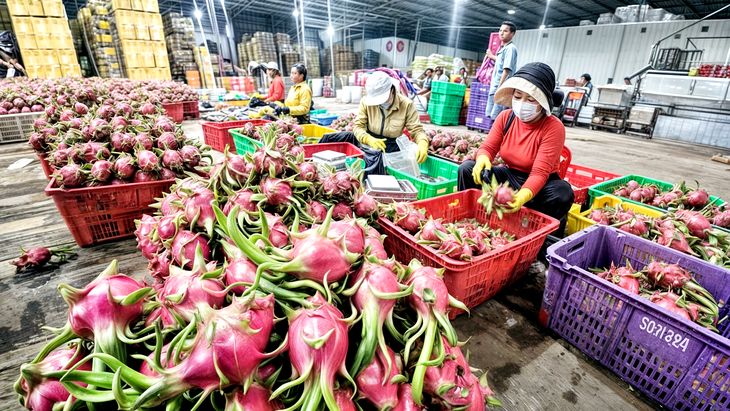
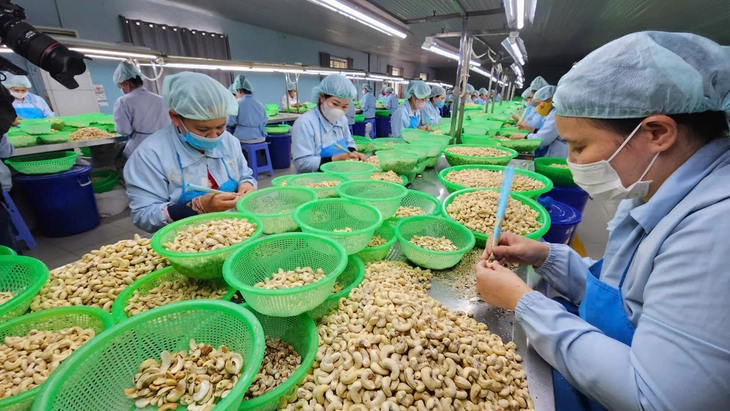




![[Photo] Thousands of Buddhists wait to worship Buddha's relics in Binh Chanh district](https://vstatic.vietnam.vn/vietnam/resource/IMAGE/2025/5/3/e25a3fc76a6b41a5ac5ddb93627f4a7a)



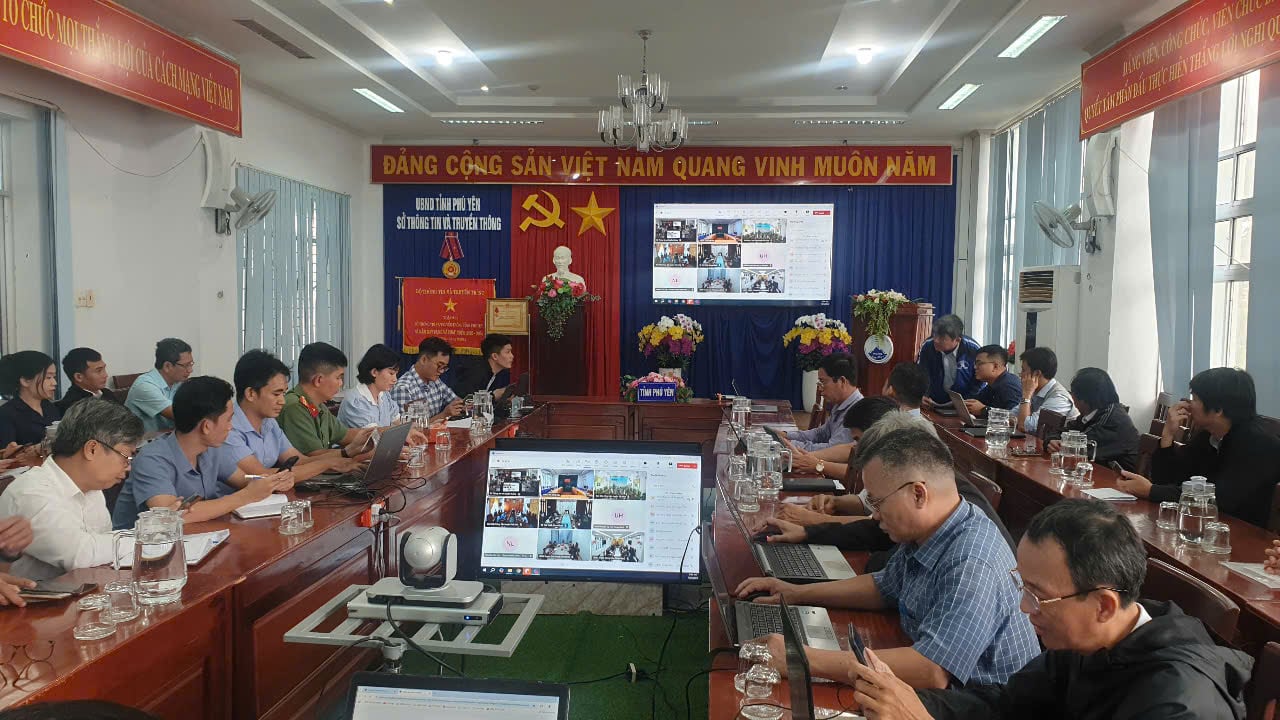


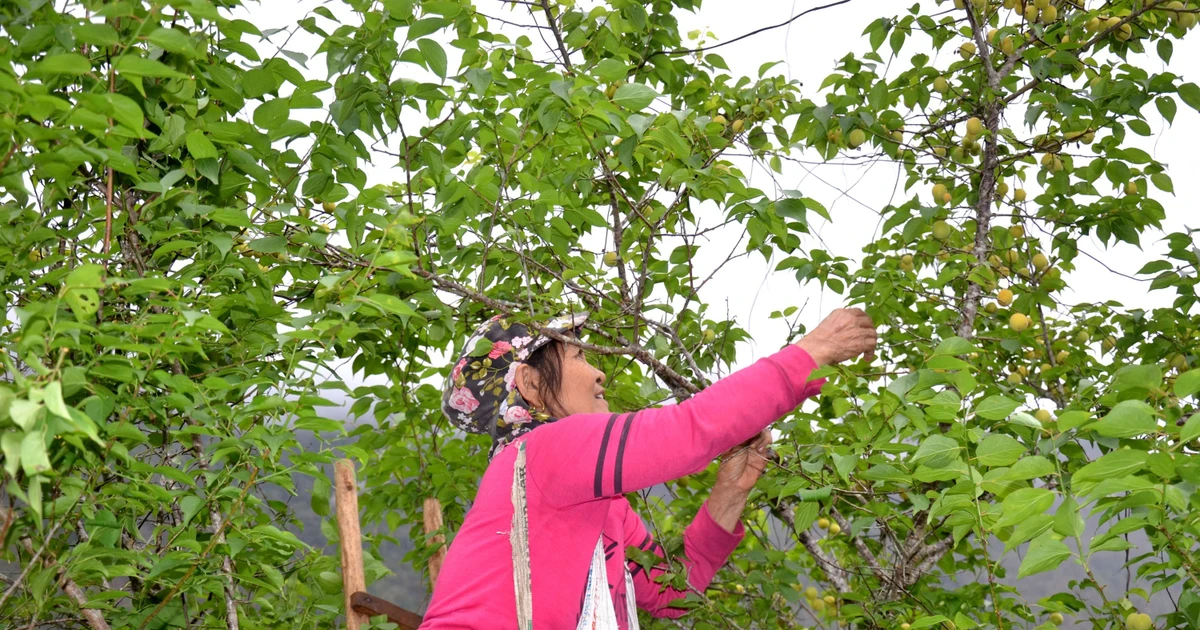



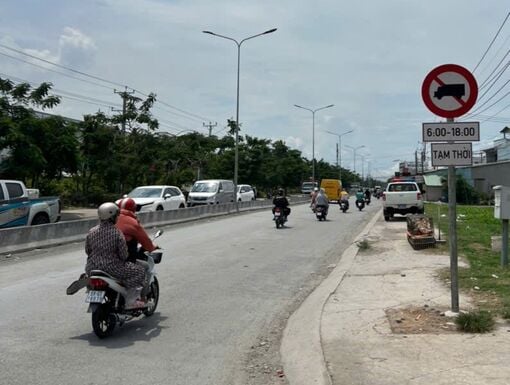

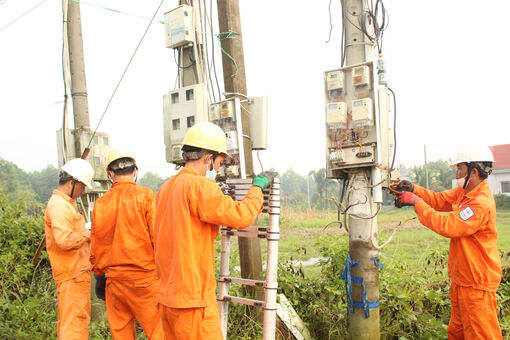
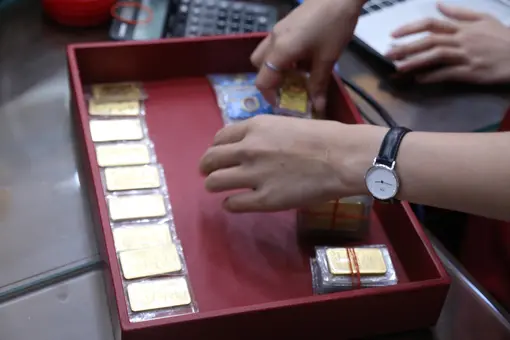







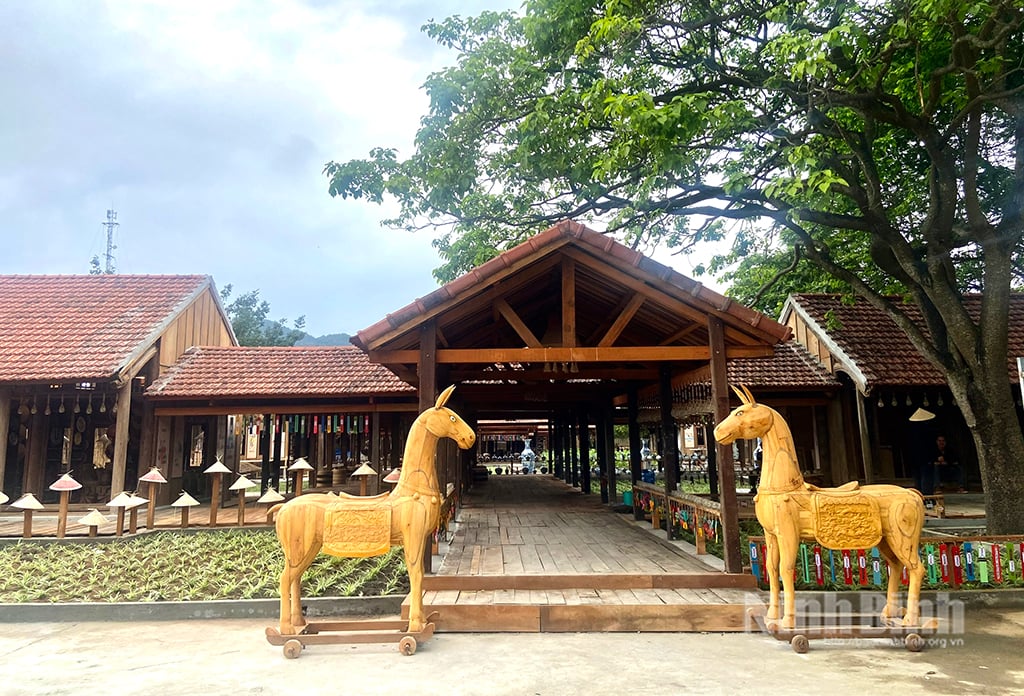



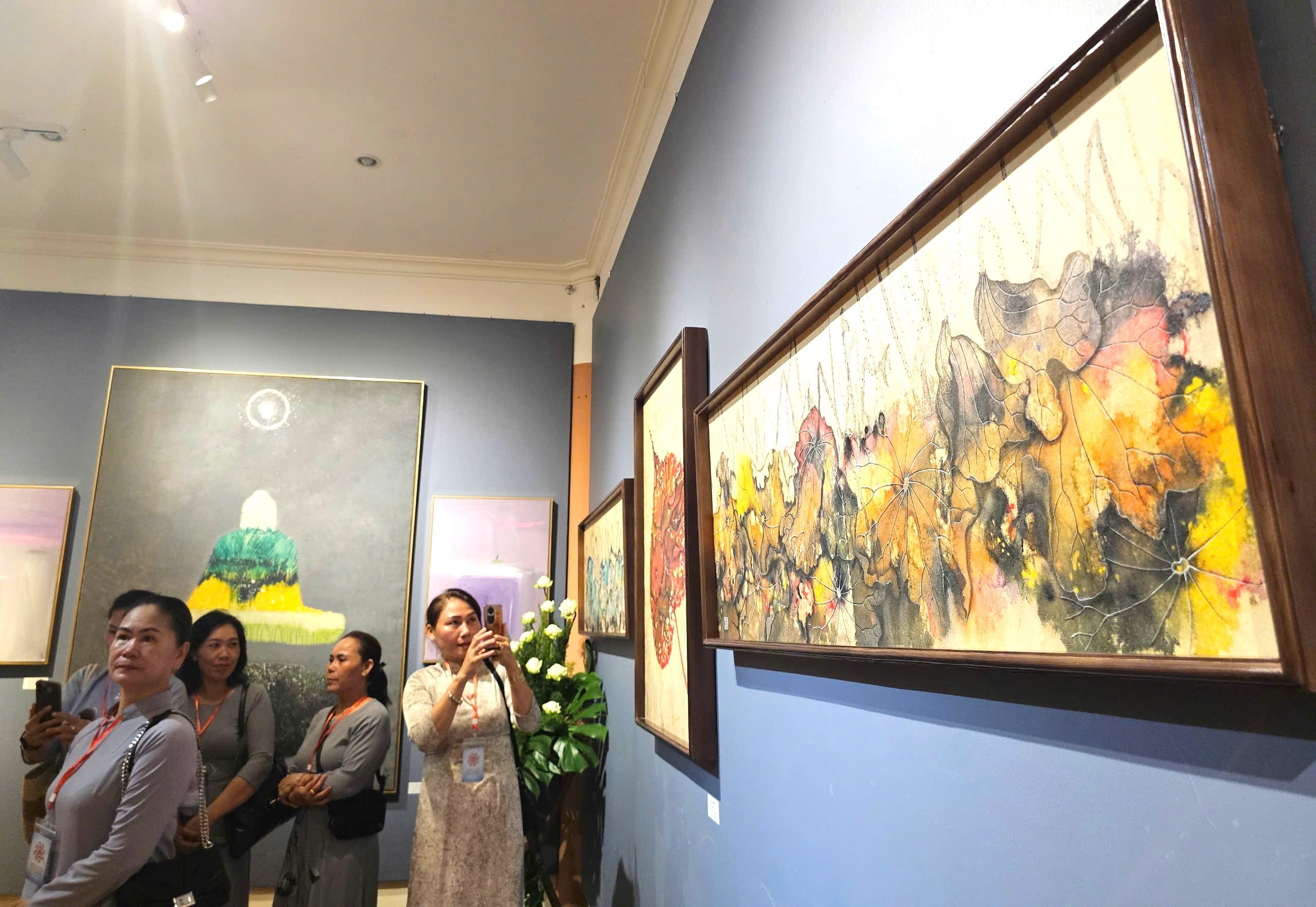









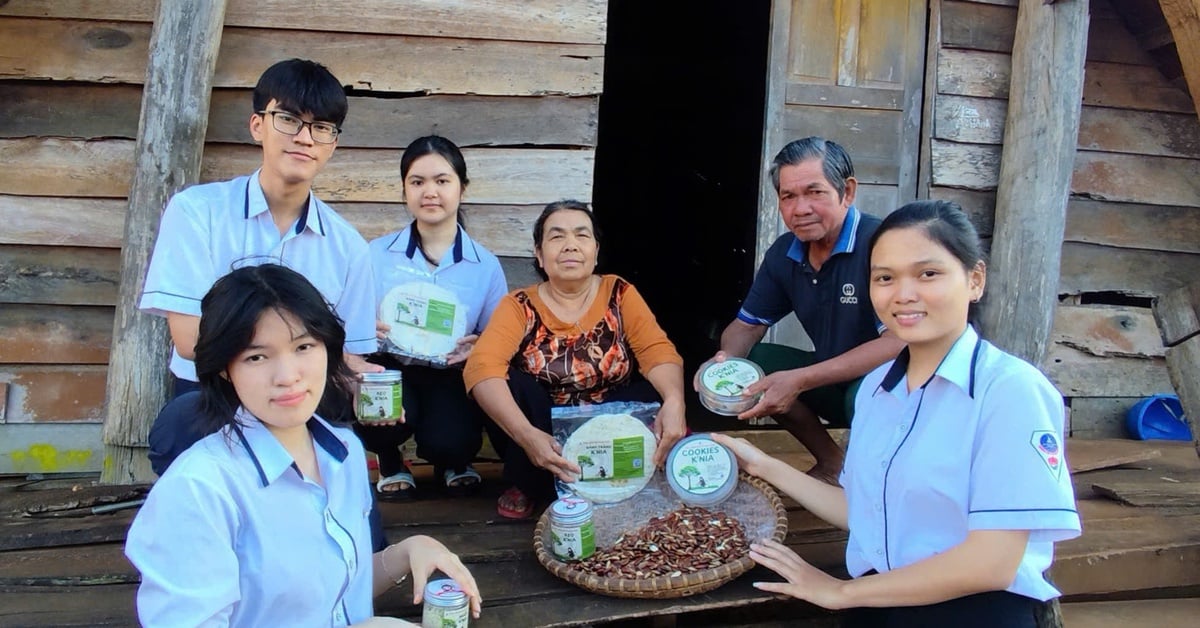















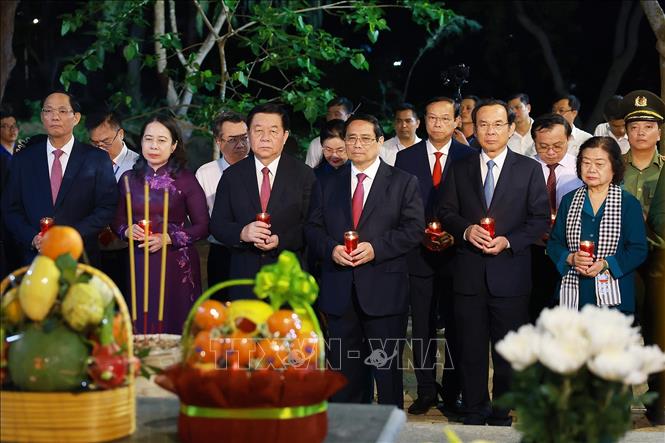

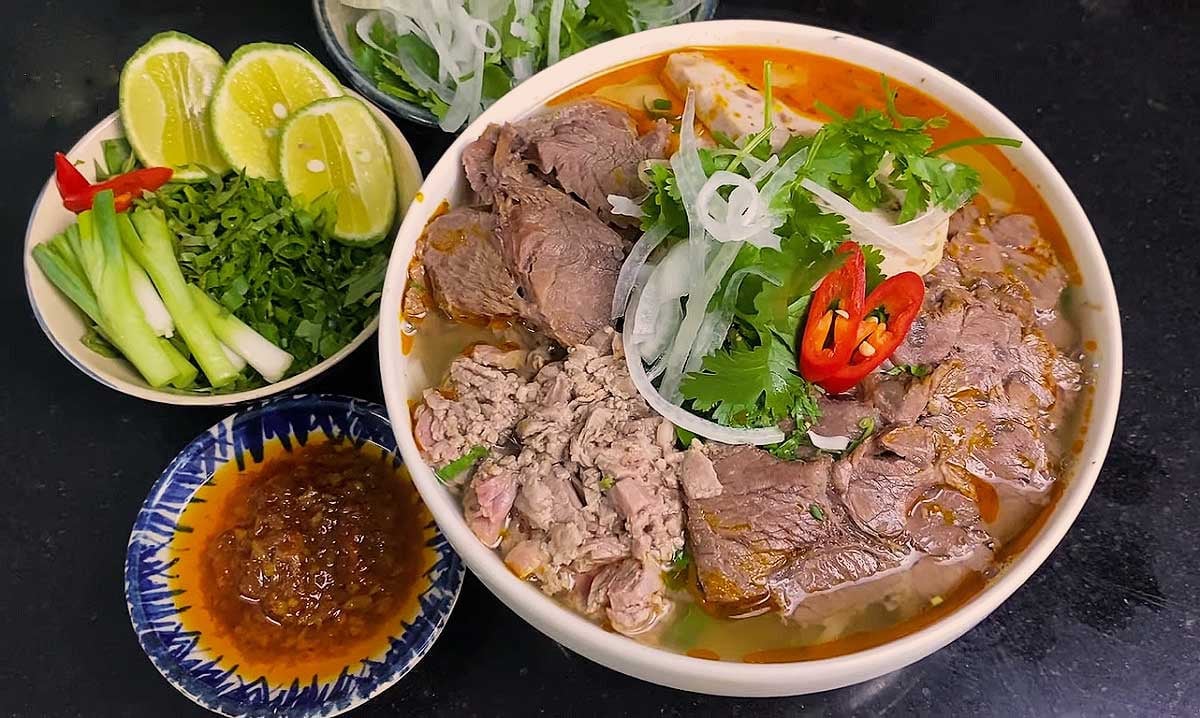







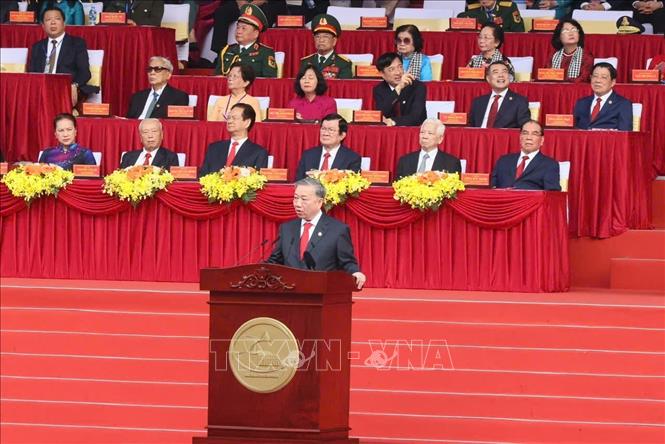









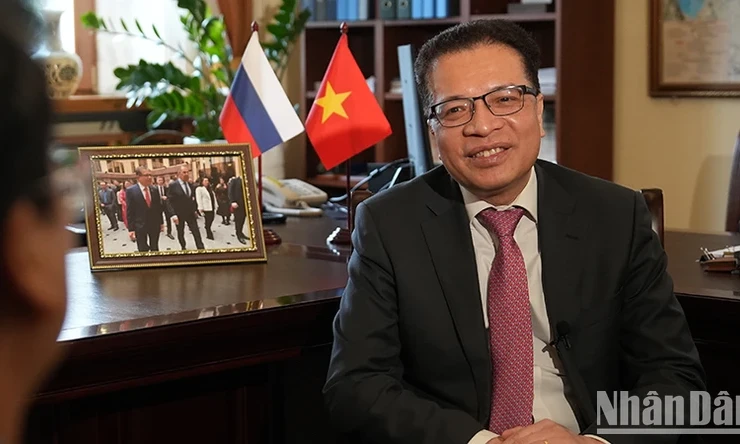



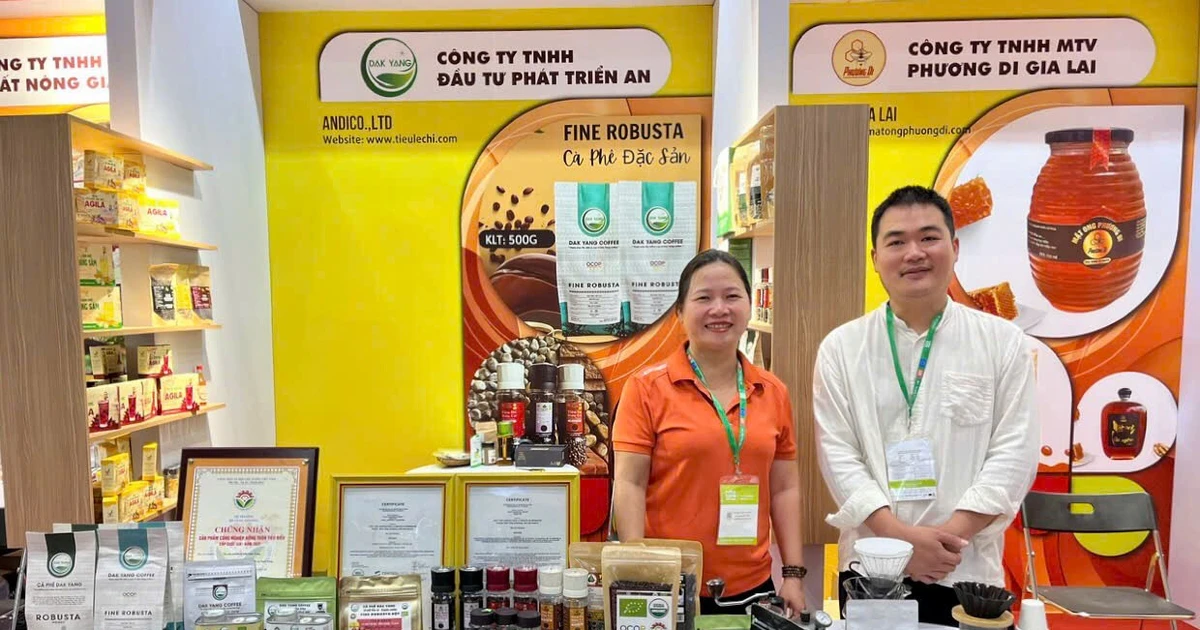






Comment (0)